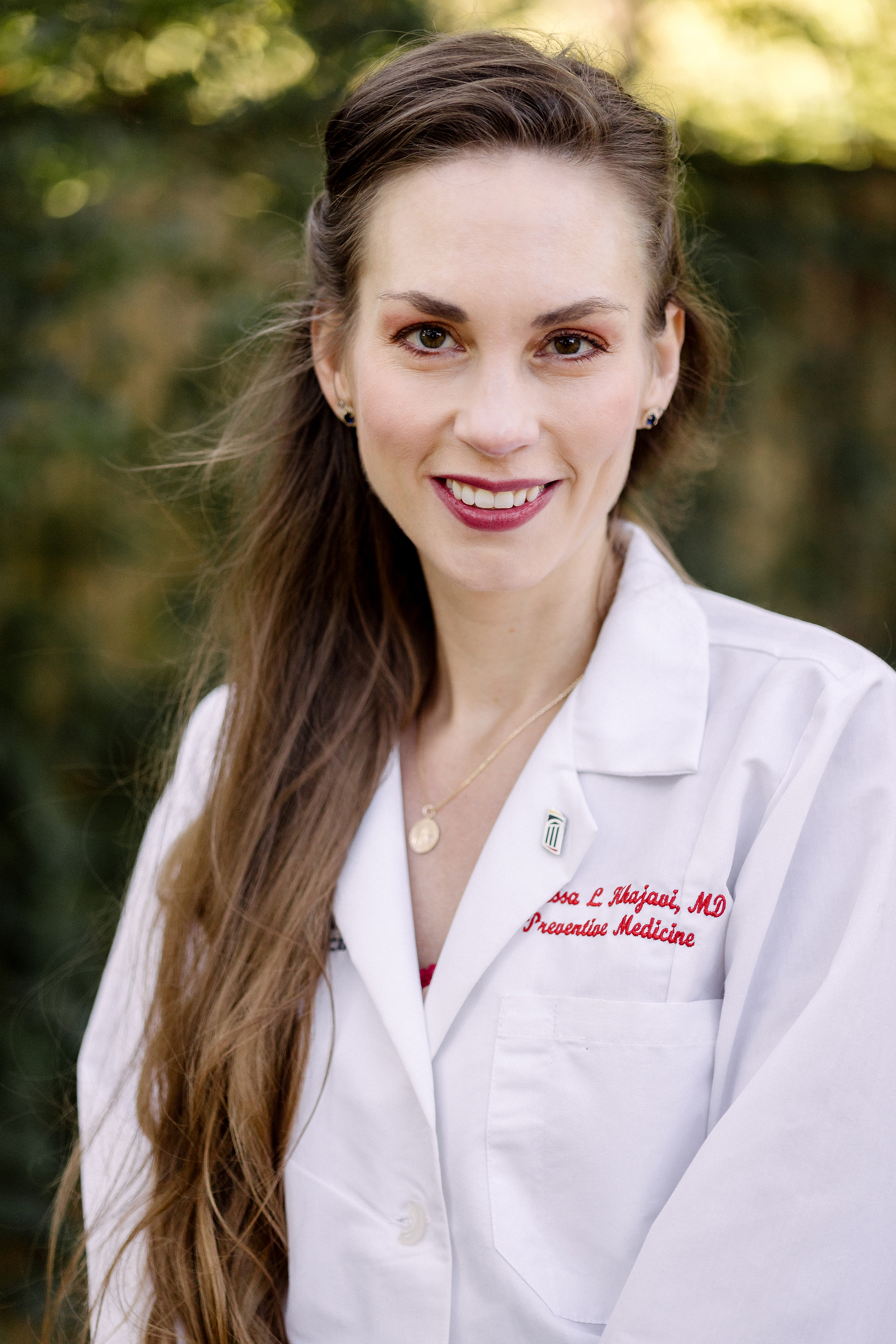Program Director

Marissa L. Khajavi, MD, MPH
Training to Improve Public Health
The University of Maryland Baltimore’s (UMB) Preventive Medicine Residency (PMR) bears a history as one of the oldest and well-respected PMR programs. It is housed in the Department of Epidemiology and Public Health (EPH), previously Department of Epidemiology and Preventive Medicine, where a multidisciplinary team of outstanding physician experts is dedicated to training medical students, graduate students, and health professionals to improve the health of the public through the practice of preventive medicine.
The first department of preventive medicine in the United States was established at the University of Maryland at Baltimore (UMB) in 1833, and has been at the juncture of important events in the national and global history of preventive medicine. The (PMR) was established in 1965 to fill the aforementioned need to train physicians in preventive medicine and continues to train highly- qualified preventive medicine specialists, as demonstrated by the 100 percent passing rate on boards.
In the two-year PMR program, residents complete didactic, research, teaching, and field rotation activities, and earn a Master of Public Health (MPH) degree Epidemiology track. Both academic and practicum phases of the PMR are accredited by the Accreditation Council for Graduate Medical Education (ACGME) and fulfill the requirements for certification by the American Board of Preventive Medicine.
Distinguishing Features of UMB’s PMR Program
- A research apprenticeship experience, in which residents assume progressive responsibility for planning, executing, and evaluating one or more research projects under close faculty supervision;
- Flexibility in choosing PGY3 practicum rotations
Our trained physicians, upon graduation, quickly assume leadership roles in health departments, federal agencies, and academic institutions.
